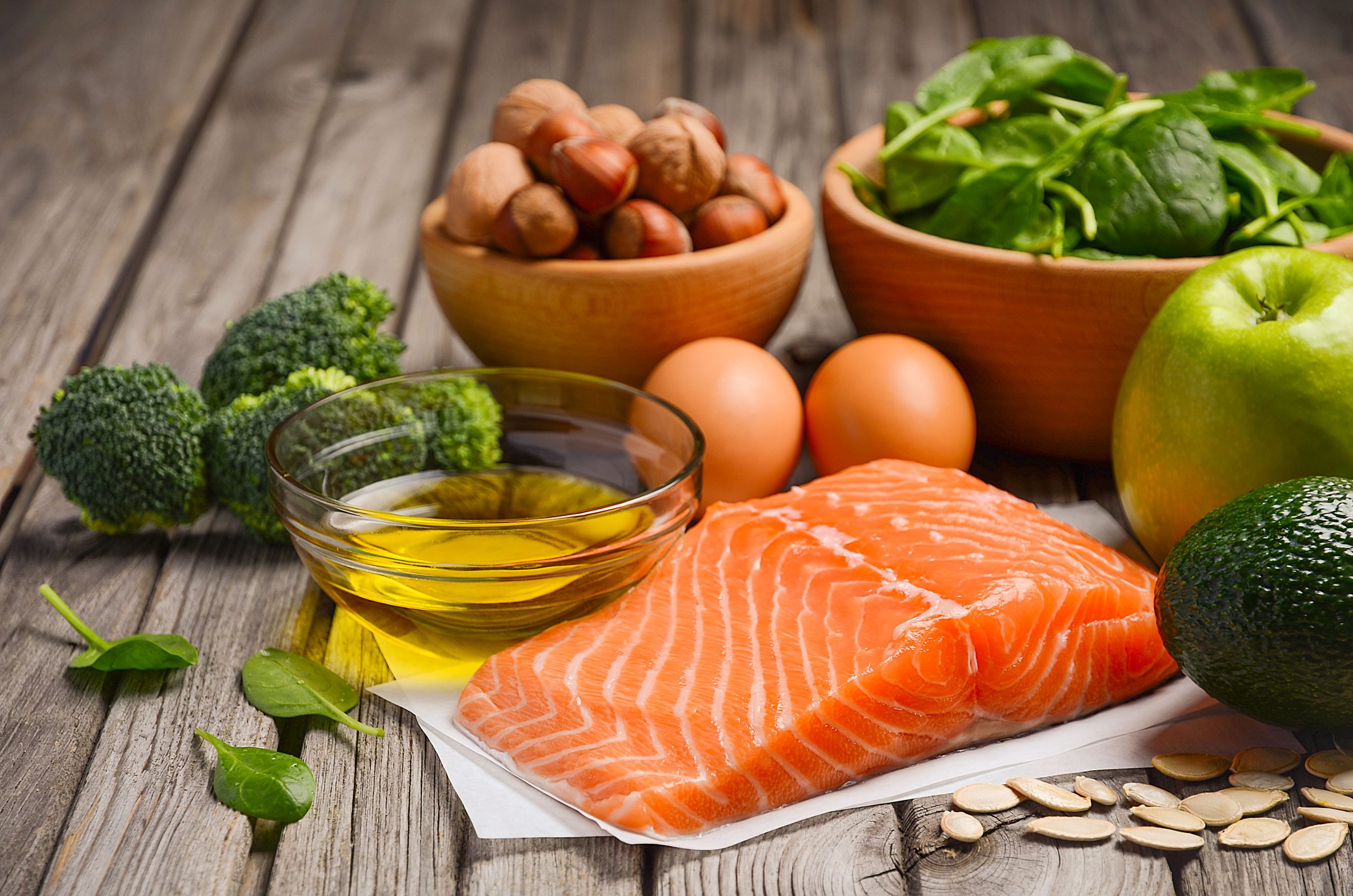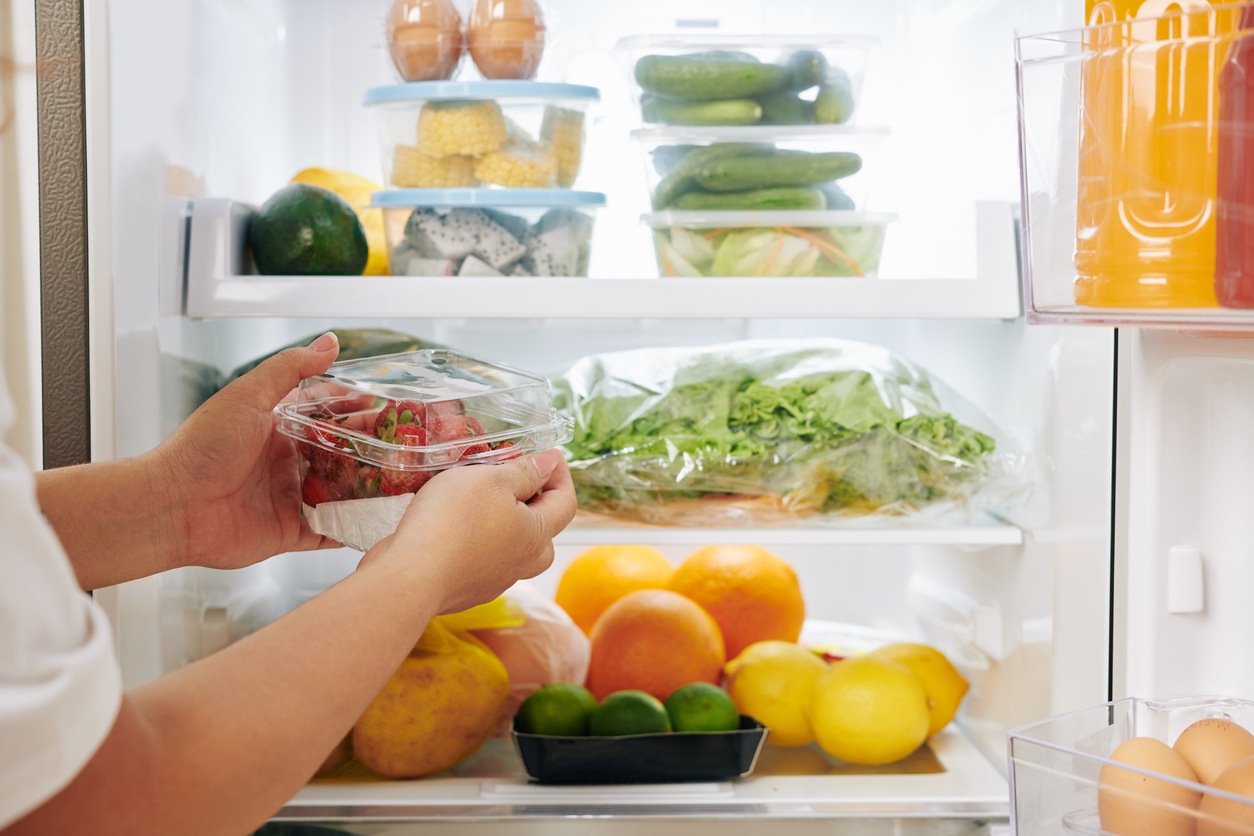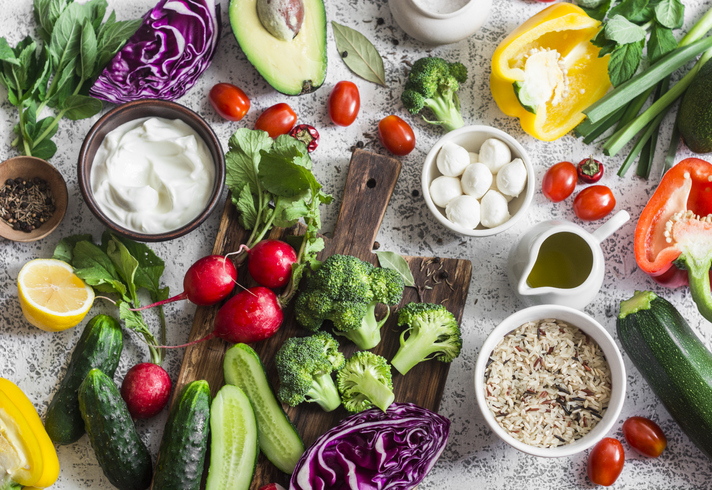
Do We Need to Detox?
After a holiday season filled with gifts and edible indulgences, we often feel the need for a new year’s cleanse of our homes and bodies. While it’s very healthy to declutter and donate items we no longer need, cleansing or detoxing our bodies may not always be healthy, especially for children.
Any cleanse or detox as extreme as juicing or a product from the health food store that involves herbs and other supplements are never recommended for children. And even for adults, these may be problematic. It’s always a good idea to check in with your healthcare professional prior to embarking on a cleanse or detox of this nature.
On the other hand, stripping our diet down to simple food choices for a period of time, especially after vacations and holidays where it’s been filled with many celebratory foods and drinks high in sugar, salt, refined flour and saturated fat, could be very beneficial for the whole family.
Consider dedicating a week or two in January (or any other time of the year) to solely unprocessed foods. This means you can fill your plates with loads of raw and cooked fruit and veggies—prepare them simply with a drizzle of olive oil and plenty of herbs, spices and citrus. Add some top choice proteins, especially plant-based ones like beans, peas, lentils, nuts and seeds, as well as fatty fish like salmon. Don’t forget the whole, unrefined grains for fibre, energy and loads of vitamins and minerals—think oats, quinoa, brown rice, barley, millet, buckwheat and wheatberries.
The foods to limit are those that have (long) ingredient lists, meaning processed or refined foods and anything with added sugar, salt and saturated fats. This means condiments and sauces, packaged cereals, breads and crackers and most importantly eating out where you cannot control what’s been added to your food. Some people may also take a break from red meat and dairy products—just be sure you still have other sources of protein (see above), calcium (e.g. dark leafy greens, sesame/tahini, canned fish with bones, almonds) and potentially a vitamin D supplement (check with your healthcare professional for the amount that is right for everyone in your family).
It’s also a great time to start on that resolution to drink more water! Being adequately hydrated helps to flush out the body of excess salt and possibly toxins. Keep a water bottle in everyone’s bags, the car and put a pitcher or bottle of water on the table at meals and in the fridge for easy access. Hot water (meaning boiled cold water, not hot from the tap) is a nice, warming alternative in the winter months and has been traditionally used to help with digestion in many cultures.
So what would a day eating simply look like?
Breakfast: oatmeal or overnight oats topped with fruit, nuts and seeds
Lunch: grain bowl with quinoa or barley topped with legumes and loads of raw and/or cooked veggies (consider a sauce made from simple ingredients like miso, tahini, garlic and lemon)
Snack: veggies and hummus (preferably homemade with lots of tahini)
Dinner: salmon filet with brown rice pilaf and sautéed or grilled veggies and lots of fresh herbs and lemon
Dessert: homemade energy balls made with soaked, pureed dates, nut butter, unsweetened cocoa and your favourite nuts and seeds (e.g. shredded coconut, hemp hearts)
Keep things from getting boring by swapping eggs, avocado and roasted root veggies (or a smoothie) for the oats for breakfast; change up the grains, veggies and legumes in the lunch bowl and try a tofu filet or chicken for dinner or make a hearty soup or stew.



